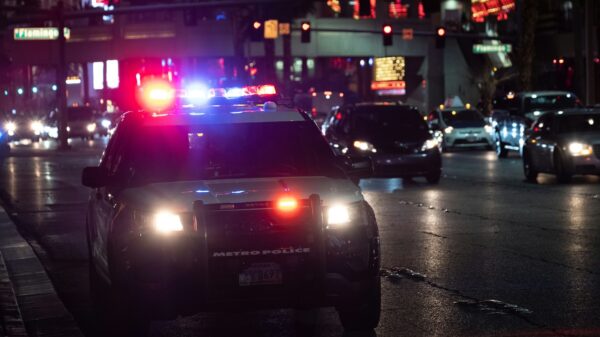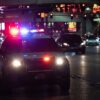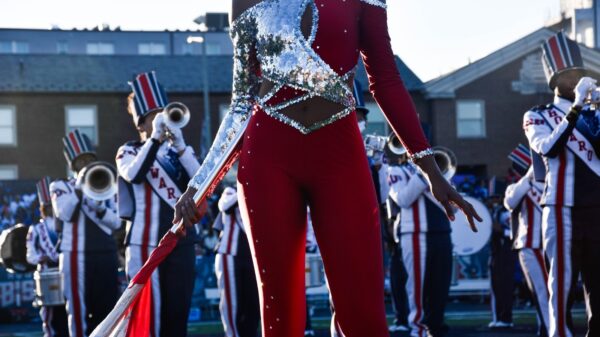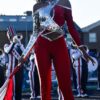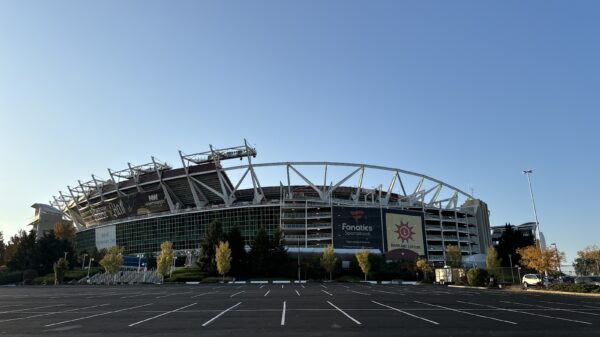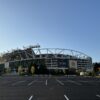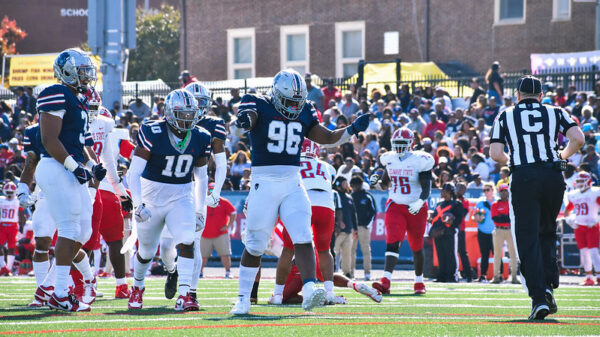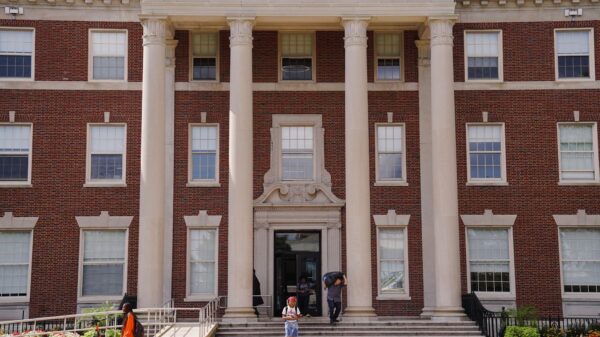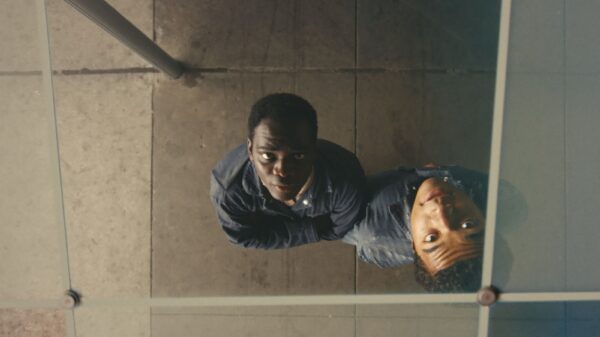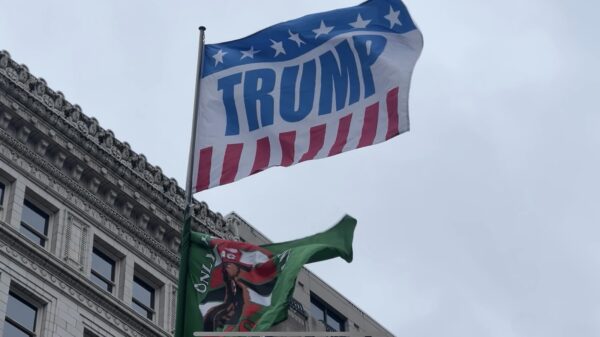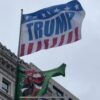Patrick Lyoya, Jayland Walker, and, as of September, over 1,000 people in the United States have been shot and killed by police in the past year, according to data from The Washington Post.
Following the death of George Floyd over two years ago, Americans fought and protested on the streets of multiple cities including Minneapolis, Atlanta, New York and Washington, D.C. Still, an alarming amount of people are fighting against police violence.
Last month, a viral video showed three police officers in Mulberry, Arkansas, beating a man named Randall Worcester during his arrest. Worcester, who is not Black, is alive and released after two weeks from jail. He is now fighting against the officers–who are suspended–with his attorneys Carrie Jernigan and David Powell.
This summer, Jayland Walker, an unarmed Black man, was shot 46 times by officers in Akron, Ohio. The Bureau of Criminal Investigation is currently investigating Walker’s case.
Walker’s case gained national attention which, according to his attorney, Bobbi DeCello, gave hope to his family and representatives. The attention caught the eyes of Kendrick Jackson, a freshman jazz studies major at Howard University.
“That’s [46 shots] excessive and unneeded…. Every human deserves … respect,” Jackson said.
Micaiah Payton, a junior English major and political science minor, also recalls learning of Walker’s death.
“There is a part of me that is so used to this sort of violence and it makes me angry,” Payton said.
Patrick Lyoya, a 26-year-old Congolese immigrant, was murdered by a white police officer in Grand Rapids, Michigan, back in April. The officer, Christopher Schurr, was charged with second-degree murder.
Unrelated to Lyoya’s case, pastoral leaders from across the country conducted a Faith and Peace March in Grand Rapids, Michigan, this past August to eradicate gun violence. The march included church members, the city’s mayor, Rosalynn Bliss, the police chief, and many concerned citizens. Pastor James Stokes, an organizer of the Faith and Peace March, announced that the Michigan city is only one of many U.S. cities where citizens are actively pursuing social justice throughout the country.
“We were marching for racial equity, we were marching for economic growth, we were marching for voter suppression,” Pastor Stokes said.
On his first day as president of the United States, Joe Biden signed Executive Order 13985, Advancing Racial Equity and Support for Underserved Communities. However, some, such as Howard University Professor Karen Kolivoski, believe it’s just “a lot of rhetoric.”
“Biden has made efforts, however, those efforts aren’t getting to the root of the problem. The executive orders tend to have a lot of language. Still, not a lot of power and policy comes out of them,” Kolivoski stated, further expressing that President Biden’s work for equity is a step in the right direction.
Attorney DeCello, who is white, expressed the importance of listening to African Americans about instances of police violence.
“There’s still a lot of listening and understanding that needs to be shown by those of us who don’t have the history,” he said.
Copy edited by Nhandi Long-Shipman


